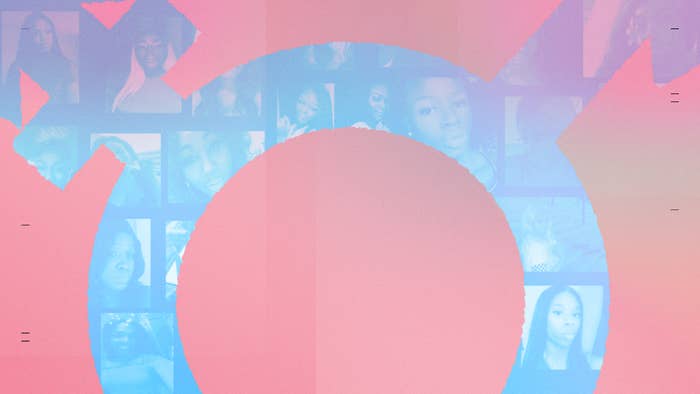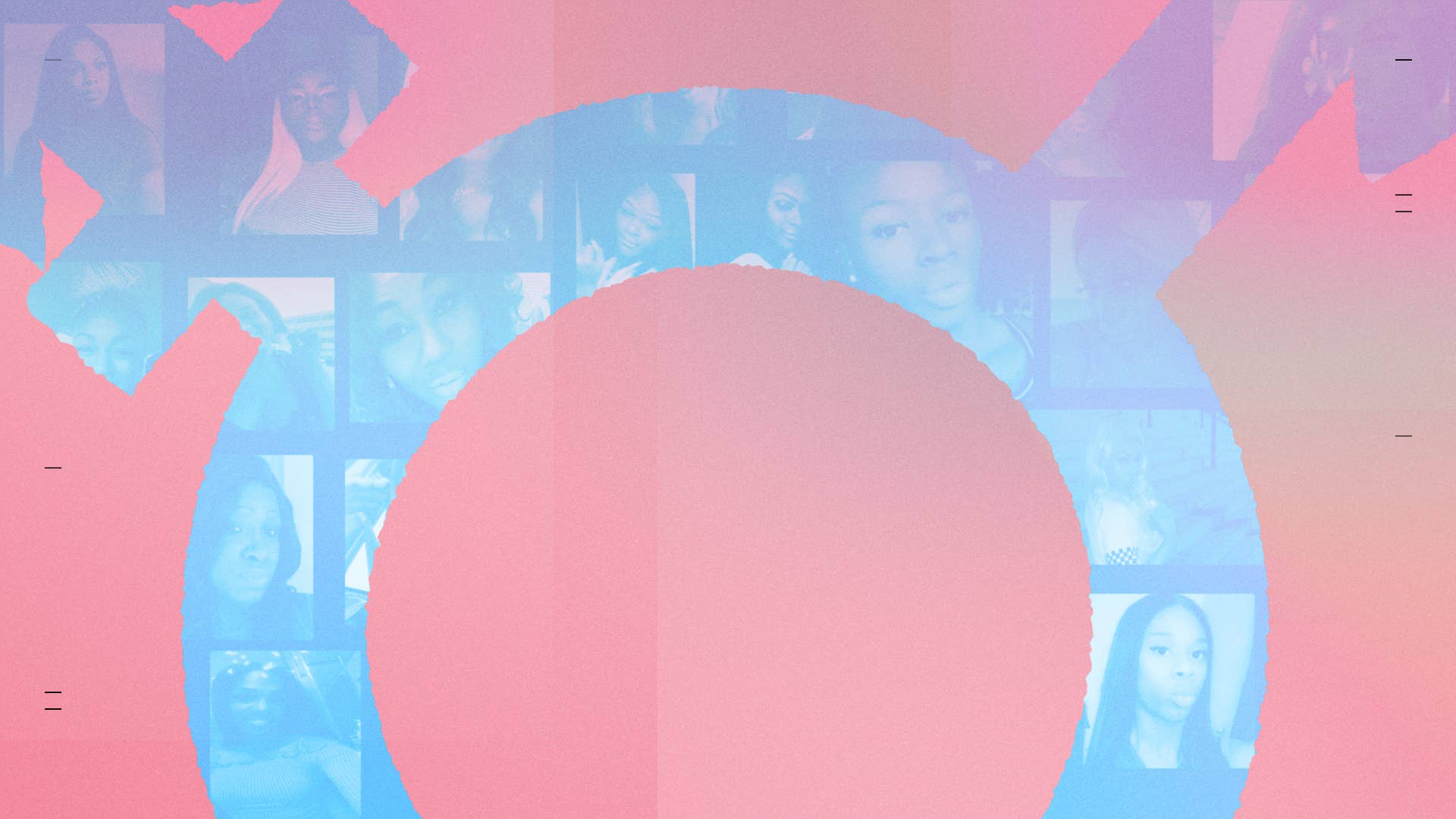
The COVID-19 pandemic may not discriminate, but the systems we encounter every day do. Black people are experiencing death and disease in our families, our communities, and our support networks, and it has nothing to do with race and everything to do with the pervasive nature of racism.
The latest reports show that counties with higher Black populations comprise more than 50 percent of new diagnoses and nearly 60 percent of COVID-19-related deaths in the United States. In spite of months of evidence of the pandemic’s disproportionate impact on Black communities, our communities are not being tested at the rates of white communities. Many fail to consider what Black people actually need when judging them. The gulf between what we require and where we go deepens when you consider the needs of Black transgender people, who are being disproportionately affected emotionally, physically, and financially by each of the current crises impacting so many Americans.
There has been much talk about the ways isolation affects everyone as we yearn for human connection, even as the novel coronavirus threatens our well-being. This isolation is an everyday occurrence for many transgender people as we make our way in a world that doesn’t value our experience. But now, feelings are magnified as this new world of social distancing cuts us off from the networks that keep us alive and thriving.
In 2012, I risked losing friends and family—especially my dad—when I shared with them that I was a transgender girl. Ultimately, my family supported me, and with time and educational resources, that feeling of support grew and my relationship with my dad improved. But the love of my cisgender family members was not enough for me to go on this journey; it is the support of other trans and queer people of color that has allowed me to envision new possibilities, dream endlessly, create art, and thrive. As safety concerns and financial hardships push us to skip the things that usually bring us together—like queer family gatherings, kiki vogue balls, and lounge nights and pride events this past June—it feels like I’ve lost the biggest parts of my support system.
And I need them, especially now, as our safety is continuously tested. Even before this crisis, transgender people and LGBTQ+ youth experienced high levels of housing insecurity and homelessness. Now that a potentially deadly virus has added danger to being unsheltered, we’ve been forced to make hard decisions to remain housed. Financial stress is forcing many trans people to shelter in places where we are not safe. While I am lucky to have a supportive family, many young people are being forced to shelter with family members who are not accepting of them or stay with abusive partners. And even as crime rates fall during this pandemic, we are still being killed.
Even as crime rates fall during this pandemic, we are still being killed.
The economic fallout from the pandemic is also amplifying the disparities Black trans people were already facing. We are routinely shut out of many of the stable jobs that others rely on for health care, steady income, and other benefits. The current federal administration is attempting to legally erase us, and many states do not have nondiscrimination protections for transgender—or other LGBTQ+—employees. Black LGBTQ+ and same-gender-loving people are disproportionately impacted by this.
I usually have to rely on freelance creative work to pay the bills. But as entire industries have collapsed over the course of the pandemic, gigs have fallen through and left me without consistent, safe work. I’ve started working with Instacart for 12 hours a day to make ends meet. While many white-collar professionals have created new digital connections through Zoom happy hours and open mics, my community is risking infection to deliver their groceries and pay our bills.
This economic burden is compounded for the many of us who provide for other people. The Center for American Progress found that, prior to the pandemic, 42 percent of LGBTQ+ adults in the United States had taken time off work to care for a friend or chosen family member, compared to 31 percent of cisgender heterosexual people. LGBTQ+ people and our families are also more likely than non-LGBTQ+ people to rely on Medicaid, subsidized housing assistance, and Supplemental Nutrition Assistance Program (SNAP) benefits, meaning we were already in financial distress before the added strain of the novel coronavirus.
Like many, I’m scared right now. I’m scared to go to work and scared of what I might bring back home to my loved ones. My mother has multiple sclerosis, and I haven’t been able to spend time with her in two months because she is high-risk and I am high-exposure.
My community is risking infection to deliver their groceries and pay our bills.
I’m also returning to college this fall. Both my school and I are doing all that we have been instructed to do to be as safe as possible. It was important to me to go back to school because I need to be in a community with people who support me and hold space for me. I know there are many who may not understand that the decision I have made is in my best interests.
As I said earlier, I’m lucky. I recognize the privilege I have today. To have a supportive family. To have a beautiful chosen family. To still be making a living.
But here is the simple truth: all of our dreams are on hold, but Black trans folks shouldn’t have to suffer more than others. I encourage everyone who agrees to invest in Black-led organizations like the National Black Justice Coalition (NBJC). Push for policies and practices that strengthen economic and mental health support in this crisis and beyond and target the unique challenges Black trans people and other Black LGBTQ+ people face. If you’re privileged enough to lead an organization, work with groups like NBJC and use your power to implement culturally competent and inclusive practices that make everyone feel welcome just as they are. And check on your queer peers and let them know they don’t have to be alone. If you’re in a position to help, ask what they need.
But don’t feel bad if it’s hard to connect; I don’t even have the time at this moment to support my community. I have to stop writing, put on my mask, and get back to delivering groceries.
Sage Dolan-Sandrino is an artist, creative director of TEAM Mag, and a member of the National Black Justice Coalition’s Black Trans Advisory Council.


